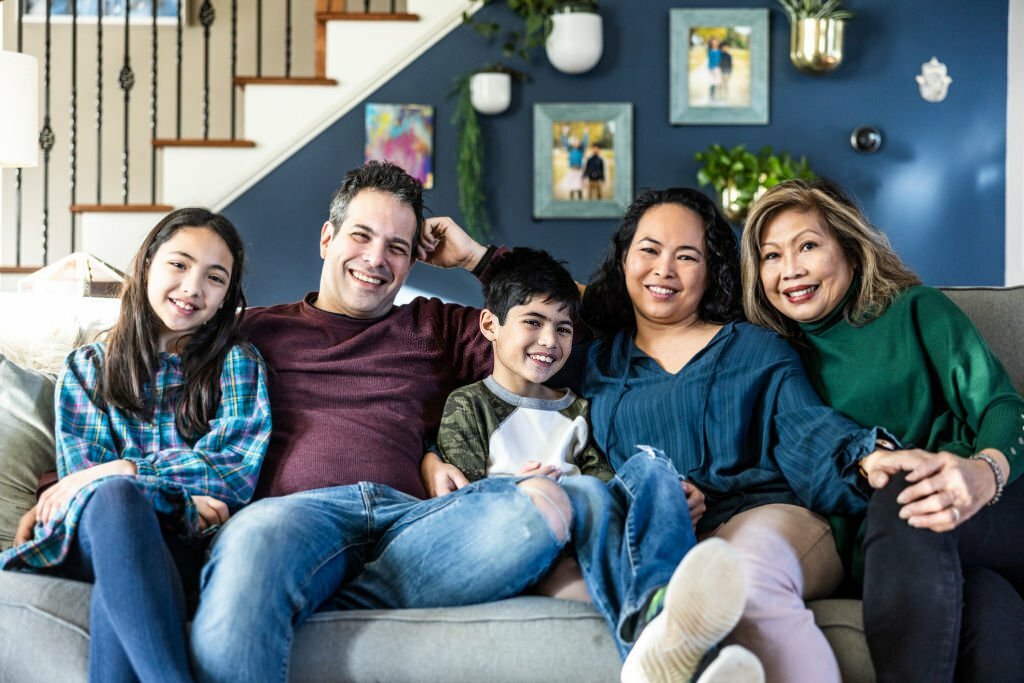Moving to a new country is a thrilling adventure, but it can also be a deeply emotional experience, especially when it means leaving your parents behind. For many immigrants, the separation from their parents is one of the most challenging aspects of the journey. The bond between children and their parents knows no bounds, transcending time and distance. In Australia, this familial connection is highly valued and lies at the heart of the country’s immigration system.
Understanding the different types of parent visas available is essential for those who are navigating this complex process. It’s not just about paperwork and regulations; it’s about reuniting families and creating opportunities for parents to share in the lives of their children who have chosen to make Australia their new home.
Australia’s immigration system is designed to recognize and respect the significance of family reunification. It offers a range of pathways for migrants to bring their parents to the country. Let us know the number of Visas and their types, to help you choose the best that suits your conditions.
Check The Parent Visa Options Offered by Australia
Let’s take a closer look at some of the available parent visas in Australia:
Subclass 804 Aged Parent Visa
This visa allows eligible parents to stay in Australia permanently. With this visa, parents can enjoy the privileges of permanent residency, such as the ability to live in Australia indefinitely. It even provides the opportunity to apply for Australian citizenship, given the right circumstances. However, it’s crucial to meet specific criteria, including having an eligible child in Australia.
Subclass 884 Contributory Aged Parent (Temporary) Visa
This temporary visa offers aged parents the chance to stay in Australia for up to two years. During their stay, they can work and study, although government financial support is not available. The benefit here is the option to apply for a permanent Contributory Aged Parent visa if desired.
Subclass 864 Contributory Aged Parent Visa
This visa, similar to the 884, provides a path to permanent residency for aged parents. As permanent residents, they have the freedom to work, study, and enjoy the benefits of being a part of the Australian community.
Subclass 173 Contributory Parent (Temporary) Visa
This visa provides temporary stay for parents, allowing them to live in Australia for up to two years. They can also work and study. The key advantage is the possibility of applying for a permanent Contributory Parent visa later.
Subclass 143 Contributory Parent Visa
This visa paves the way for parents to permanently move to Australia. It offers the privilege of living in Australia indefinitely and even provides the opportunity to sponsor family members and apply for Australian citizenship.
Subclass 103 Parent Visa
This is a permanent visa that allows parents to make Australia their permanent home. It enables parents to live in Australia indefinitely and also sponsors eligible family members to join them.
Conclusion
In conclusion, these parent visa options extend far beyond paperwork and regulations; they are the pathways to reuniting families and creating lasting memories. Whether it’s the promise of permanent residency, a quicker route through the Contributory Parent Visa, or the special provisions for elderly parents through the Contributory Aged Parent Visa, each of these options represents a journey towards unity and love.
These visa pathways are a heartfelt recognition of the invaluable role that parents play in the lives of their children who are Australian citizens, permanent residents, or eligible New Zealand citizens. They provide an opportunity for parents to share in the joys and challenges of life in Australia, to be present for important milestones, and to create cherished memories together.
The significance of these visa options goes beyond physical presence; they pave the way for emotional connection, support, and care. From sponsoring eligible family members to fostering a sense of belonging through Australian citizenship, these visas are the threads that strengthen the fabric of families, even across great distances.




Leave A Comment